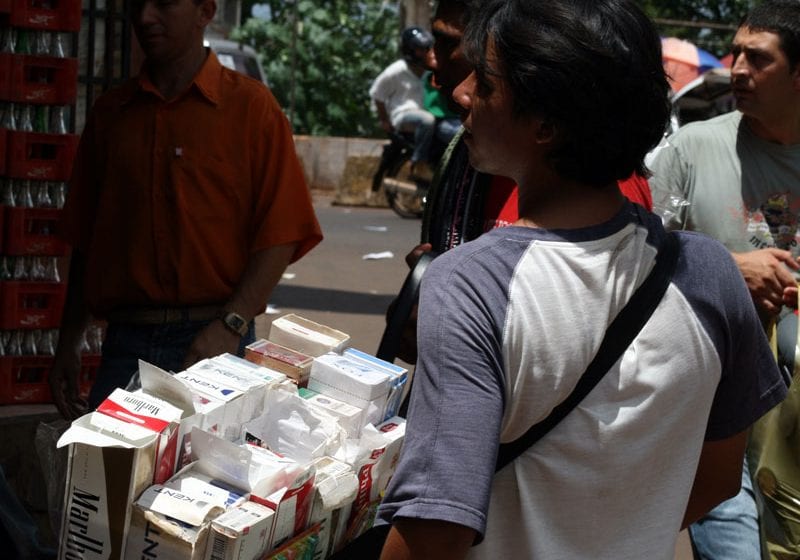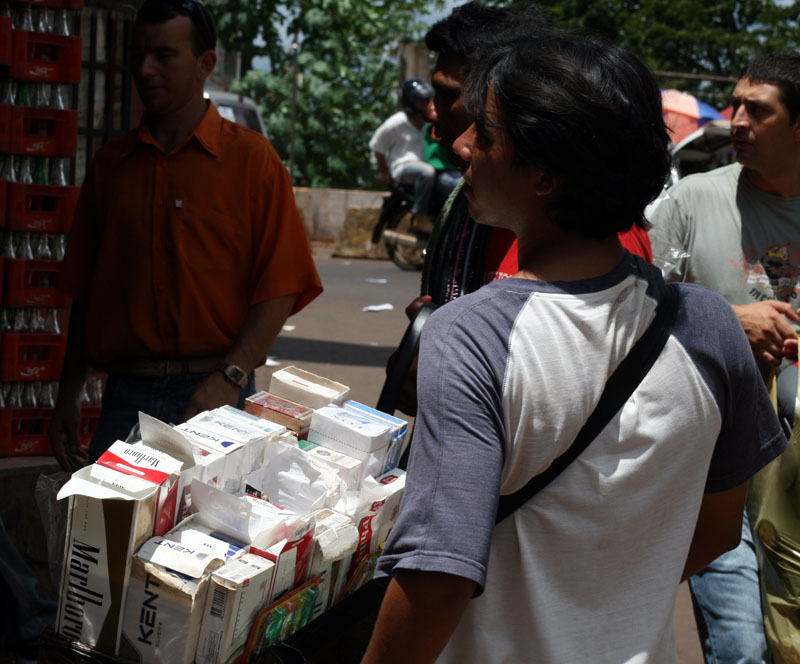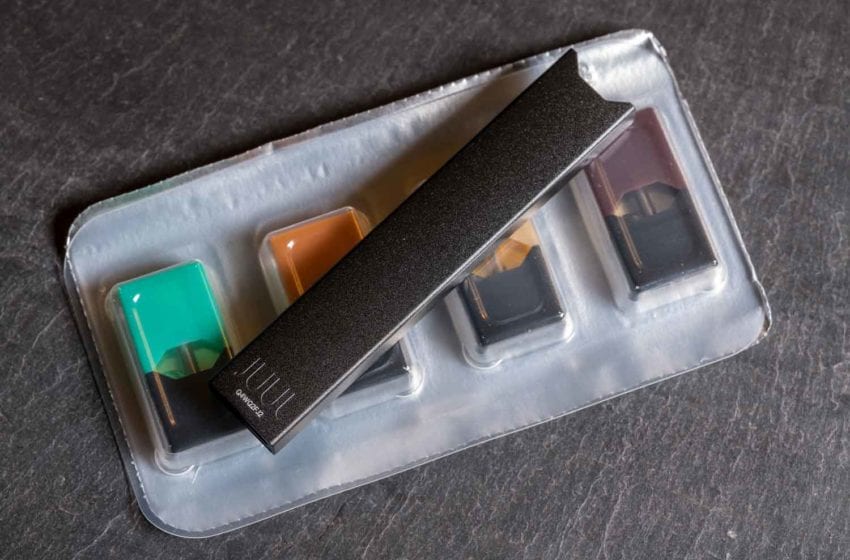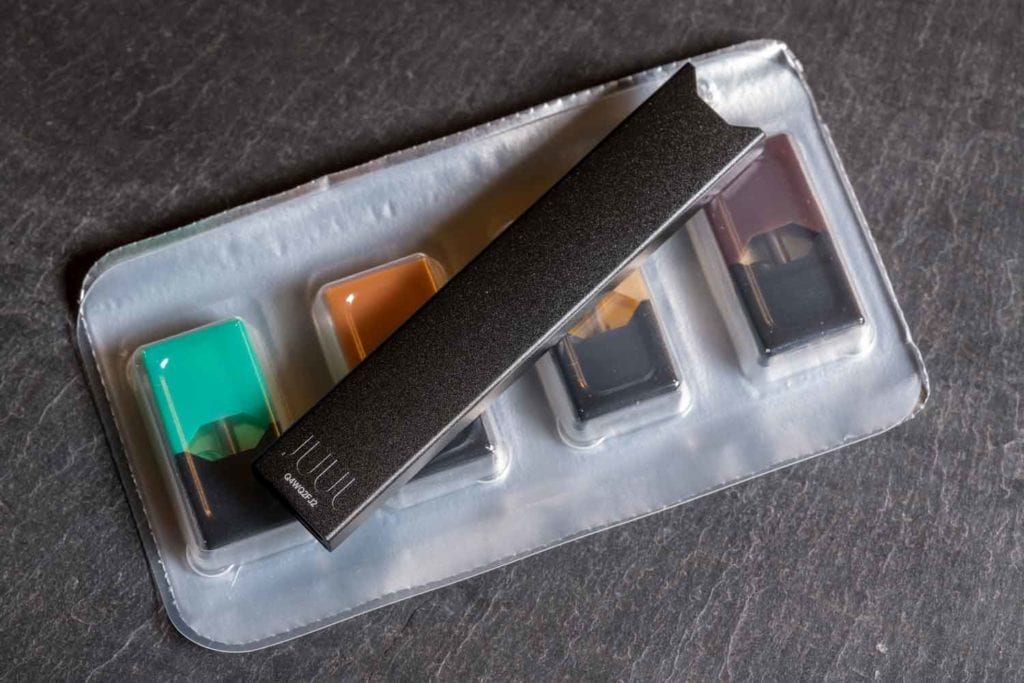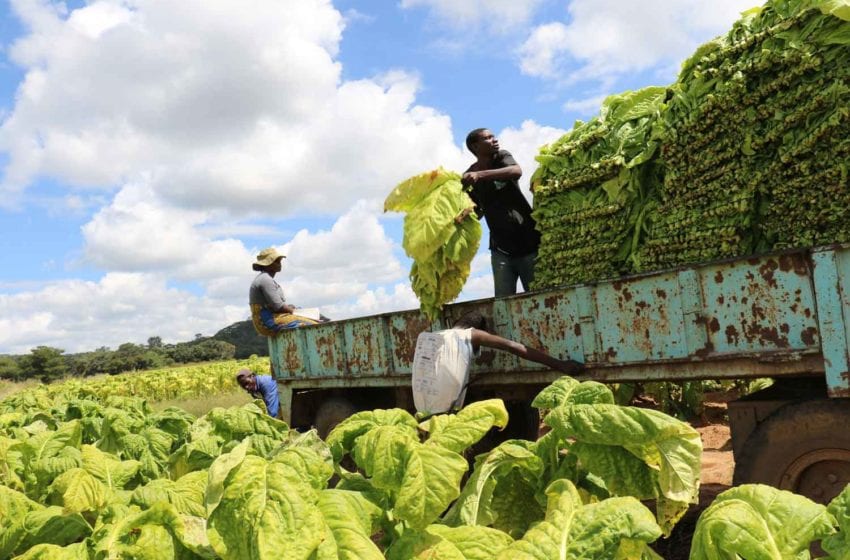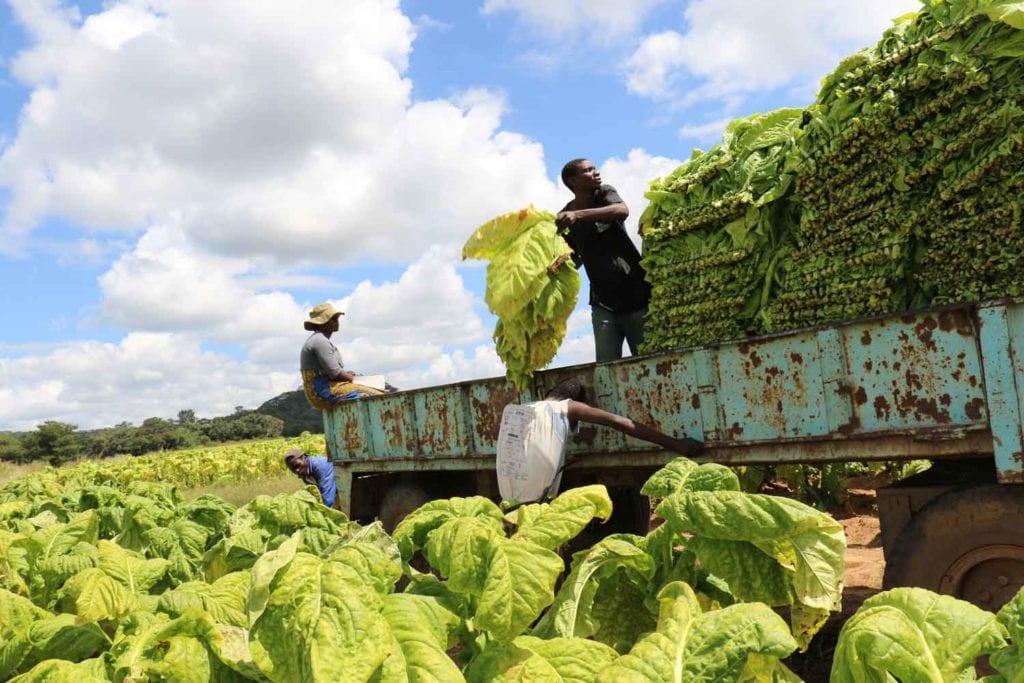
The U.S. Food and Drug Administration’s public list of “deemed” tobacco products fails to apprise stakeholders of unlawfully marketed products and fails to identify products that are lawfully marketed, according to Bryan Haynes of the Troutman Pepper law firm.
On Feb. 16, 2021, the FDA published the long-awaited list of products that were on the U.S. market on Aug. 8, 2016, are currently on the U.S. market and were the subject of a request for marketing authorization submitted to FDA by Sept. 9, 2020.
The initial version of the list includes cigar, pipe tobacco and waterpipe tobacco products that were the subject of substantial equivalence (SE) or exemption from substantial equivalence applications filed by Sept. 9, 2020. However, the list excludes submissions for electronic nicotine-delivery systems (ENDS), apparently because the FDA has not yet completed its intake review of the thousands of premarket tobacco product applications (PMTAs) submitted for ENDS products.
Writing on The Tobacco Law Blog, Haynes says this omission is striking, given what appears to be the plethora of ENDS products that are currently on the market and for which no PMTA was submitted by the manufacturer or importer. Although the FDA has issued a few warning letters to sellers of these unauthorized products, it appears that these warning letters have only scratched the surface of unauthorized products.
Haynes says the list also excludes “deemed” products that are grandfathered from the premarket review process and “deemed” products that have received FDA marketing authorization.
“In order to better advise the public as to which products can legally be sold, FDA will need to expedite the inclusion of ENDS products on the list, as well as consider better ways to advise the public of products that are exempt from premarket review or that have obtained marketing authorization,” writes Haynes.


